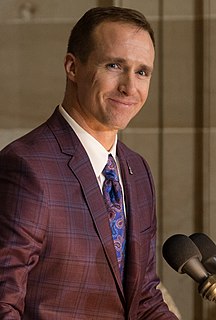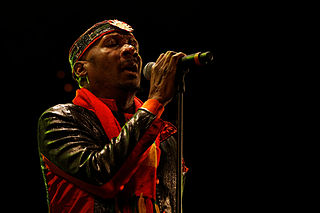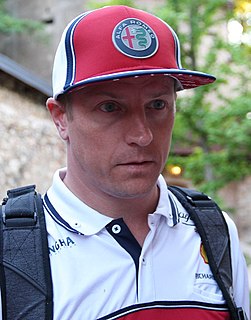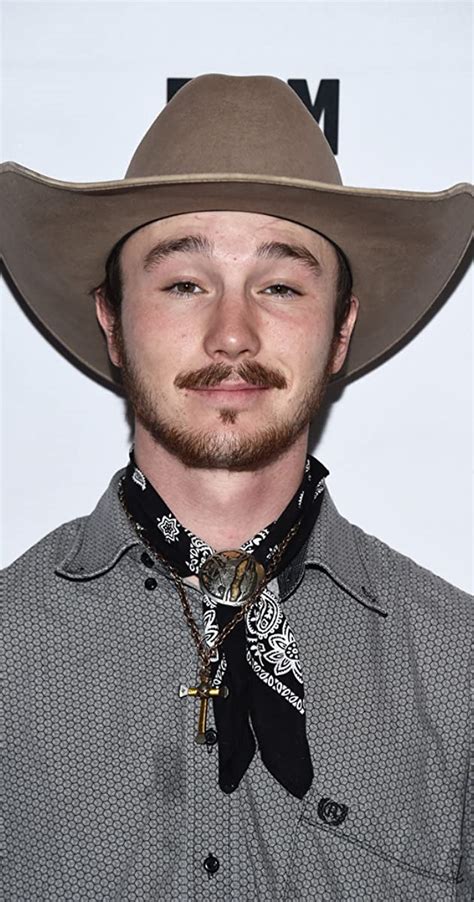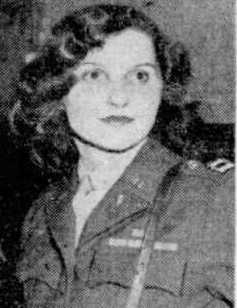A Quote by Jane Hirshfield
As this life is not a gate, but the horse plunging through it.
Related Quotes
Before one goes through the gate one may not be aware there is a gate One may think there is a gate to go through and look a long time for it without finding it One may find it and it may not open If it opens one may be through it As one goes through it one sees that the gate one went through was the self that went through it no one went through a gate there was no gate to go through no one ever found a gate no one ever realized there was never a gate
Yog-Sothoth knows the gate. Yog-Sothoth is the gate. Yog-Sothoth is the key and guardian of the gate. Past, present, future, all are one in Yog-Sothoth. He knows where the Old Ones broke through of old, and where They shall break through again. He knows where They have trod earth's fields, and where They still tread them, and why no one can behold Them as They tread.
[There, in War Horse] very little CGI. What happened there - because the horse was running very close to the trench, we had a rider. So in few instances, we had a rider dressed in a green suit. The rider would guide the horse through the frame, and through CGI [we removed] the rider. But that's about it.
Perhaps passing through the gates of death is like passing quietly through the gate in a pasture fence. On the other side, you keep walking, without the need to look back. No shock, no drama, just the lifting of a plank or two in a simple wooden gate in a clearing. Neither pain, nor floods of light, nor great voices, but just the silent crossing of a meadow.
He rose and turned toward the lights of town. The tidepools bright as smelterpots among the dark rocks where the phosphorescent seacrabs clambered back. Passing through the salt grass he looked back. The horse had not moved. A ship's light winked in the swells. The colt stood against the horse with its head down and the horse was watching, out there past men's knowing, where the stars are drowning and whales ferry their vast souls through the black and seamless sea.
We gallop through our lives like circus performers balancing on two speeding side-by-side horses--one foot is on the horse called "fate," the other on the horse called "free will." And the question you have to ask every day is--which horse is which? Which horse do I need to stop worrying about because it's not under my control, and which do I need to steer with concentrated effort?


